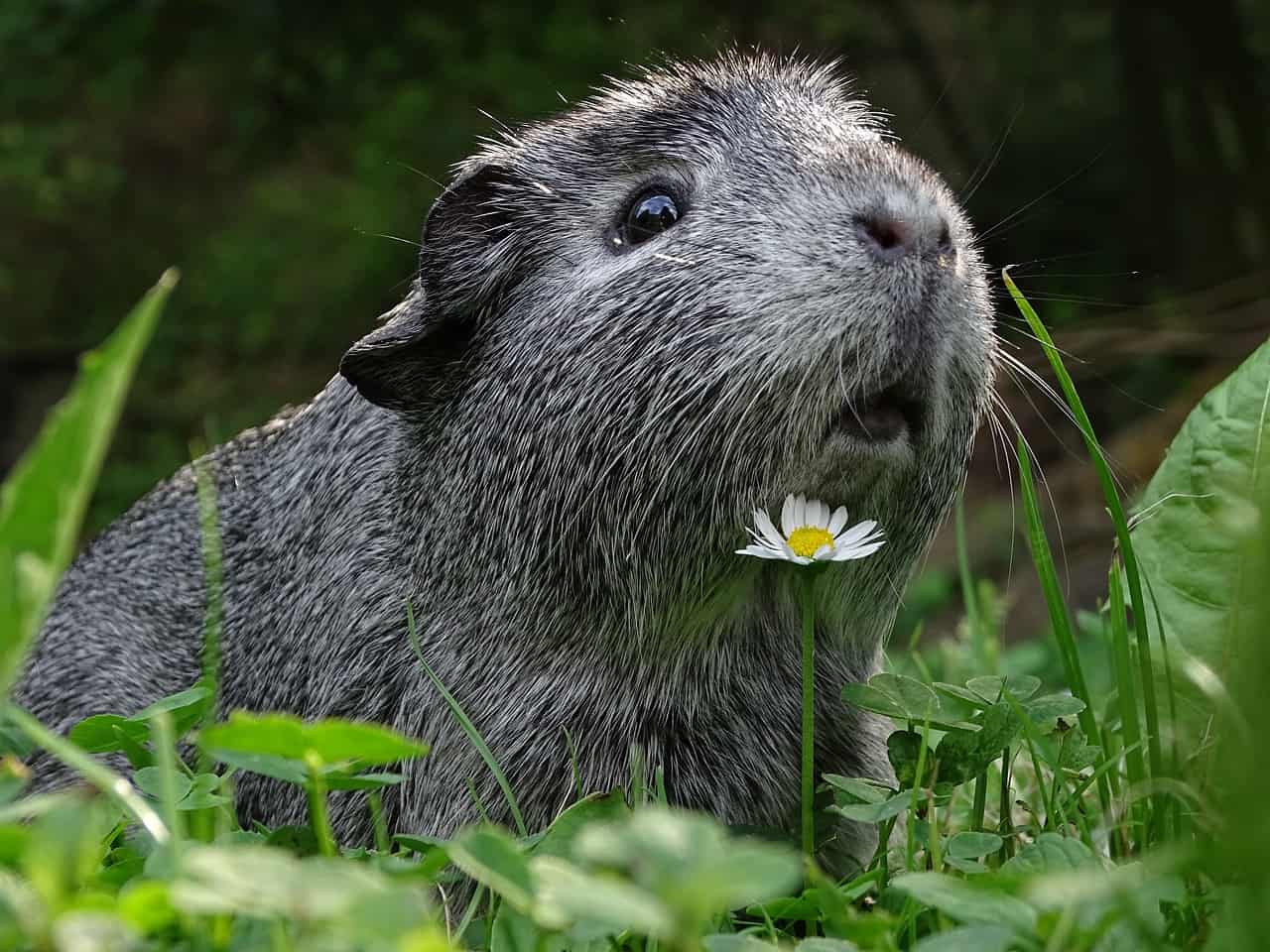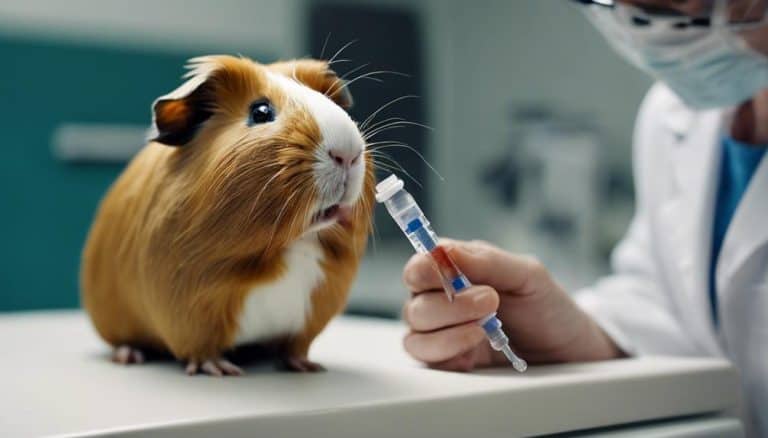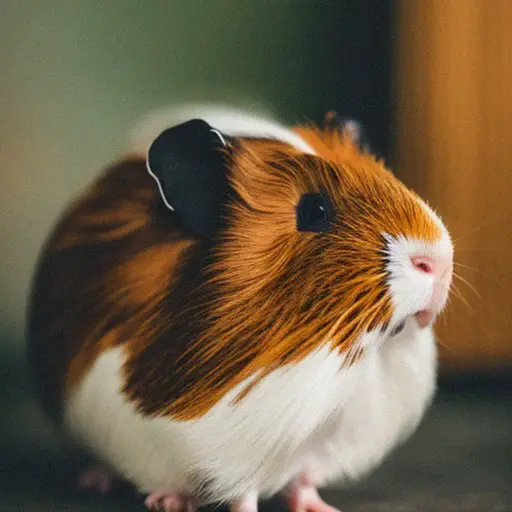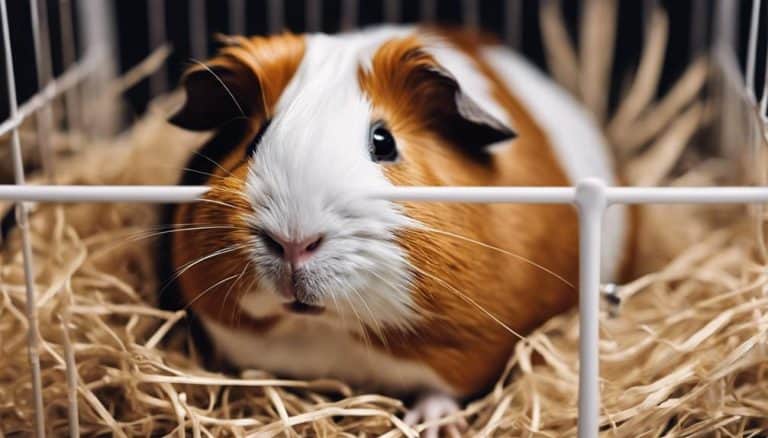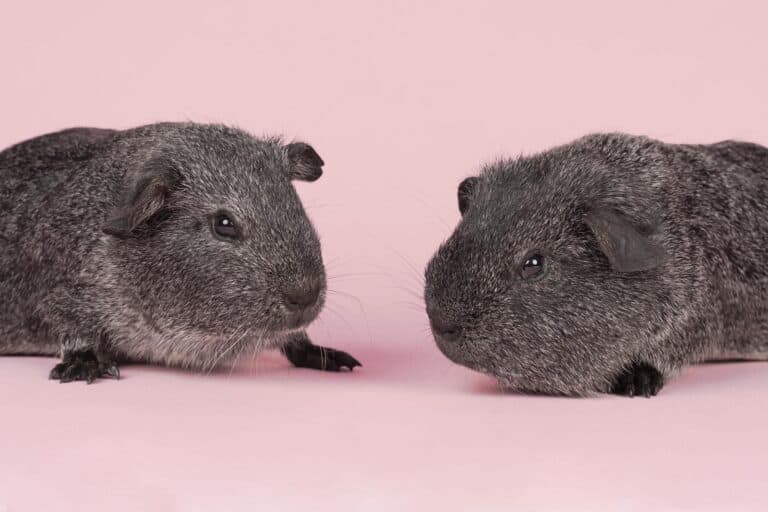The Essential Guide: Steps to Take If Your Guinea Pig Loses a Tooth
In the world of pet ownership, it is not uncommon for our furry friends to face various health issues. One such concern that may arise with guinea pigs are dental problems, including the unfortunate event of losing a tooth. For any responsible guinea pig owner, it is essential to be prepared and knowledgeable about the necessary steps to take when this occurs.
In this comprehensive guide, we will walk you through the process of identifying a missing tooth in your guinea pig, understanding its potential causes and implications on their overall health, as well as offering expert advice on how best to assist your beloved pet during this difficult time. By following these crucial steps outlined in our article, you will ensure that your guinea pig receives optimal care and support throughout their recovery journey.
Recognizing a Missing Tooth in Your Guinea Pig
Losing a tooth is a significant issue for guinea pigs, and as responsible pet owners, it is crucial to recognize the signs of a missing tooth. One common indication is if you observe your guinea pig dropping food from their mouth or struggling to eat properly. Additionally, pay attention to any changes in their chewing habits or an increase in salivation.
Identifying the potential causes of a missing tooth can help address the underlying issue. Common culprits include dental diseases such as malocclusion, which results in misaligned teeth that may eventually fall out. A trauma or injury could also cause a tooth loss incident. It is important not to disregard these signs and symptoms, as untreated dental problems can lead to further health complications for your furry friend.
If you suspect your guinea pig has lost a tooth, promptly seek veterinary care for an accurate diagnosis and appropriate treatment plan. Avoid attempting any at-home remedies without professional guidance to prevent worsening the situation. Dental issues require specialized knowledge and expertise; therefore, consulting with an experienced veterinarian will ensure proper care for your beloved pet’s overall health and well-being.
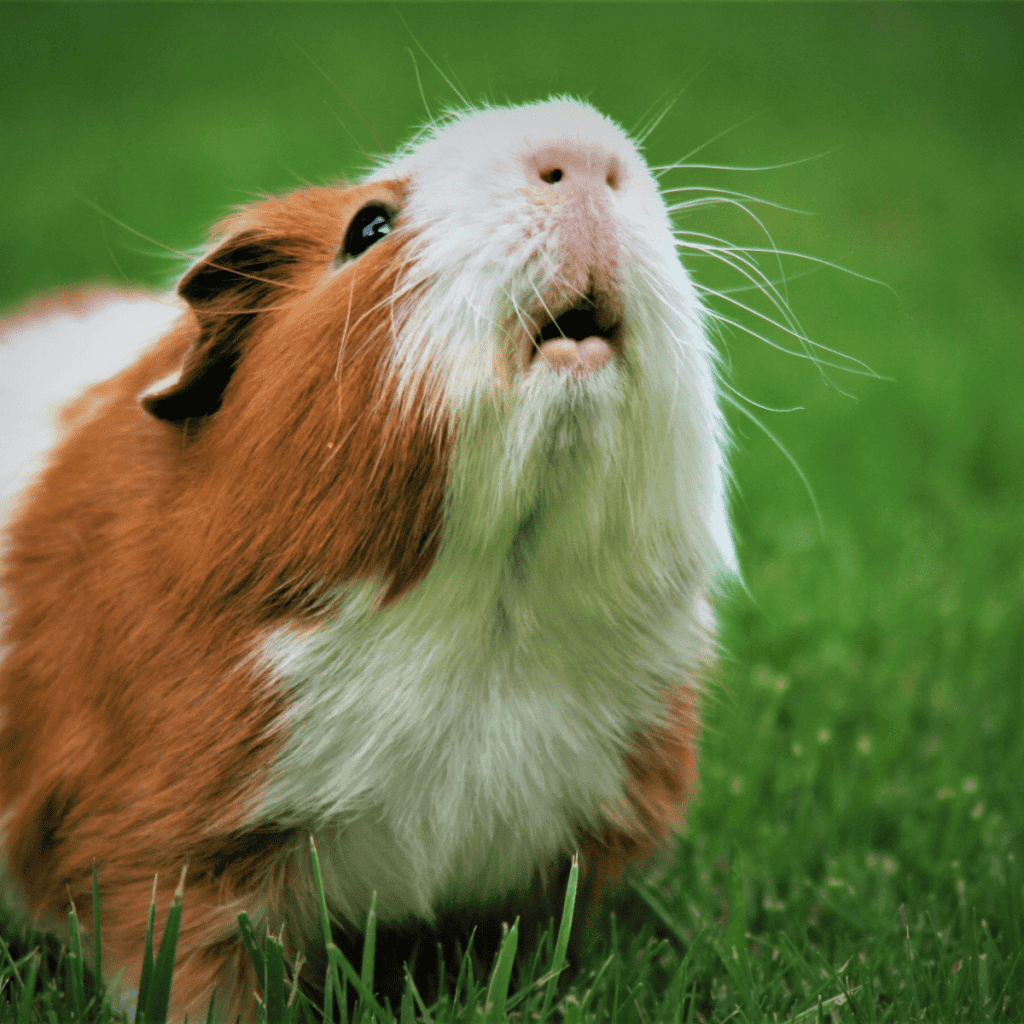
Common Causes of Tooth Loss in Guinea Pigs
Tooth loss in guinea pigs can be caused by various factors. One common cause is overgrown teeth, which occurs when the guinea pig’s teeth do not wear down properly. This can be due to a lack of fibrous foods like hay in their diet or an abnormal alignment of the jaw and teeth. Another potential cause of tooth loss is dental disease, such as gum infections or abscesses that may lead to the weakening or loosening of teeth. Trauma from accidents or rough handling can also result in tooth loss for these delicate animals.
When a guinea pig loses a tooth, it is important to take immediate action to prevent further complications. Without proper intervention, dental problems can progress and impact their overall health significantly. A visit to an experienced veterinarian who specializes in exotic pets should be scheduled as soon as possible if you notice missing teeth. They will be able to examine your guinea pig thoroughly, provide appropriate treatment options such as corrective trims for overgrown teeth or antibiotics for infections, and offer guidance on how best to maintain good oral hygiene moving forward.
In conclusion, tooth loss in guinea pigs can occur due to reasons such as overgrown teeth, dental diseases, or trauma. Recognizing this issue promptly and seeking professional veterinary care are crucial steps towards ensuring your pet’s well-being and preventing further complications related to their oral health.
Implications of Tooth Loss on Your Guinea Pig’s Health
Tooth loss in guinea pigs can have several implications on their health. Firstly, missing teeth can lead to difficulties in chewing and grinding food properly. This can result in reduced nutrient absorption, leading to malnutrition and weight loss over time. Additionally, dental issues such as tooth decay or misalignment may arise due to the absence of a tooth, further exacerbating the problem.
Furthermore, tooth loss can cause pain and discomfort for guinea pigs. As they rely on their teeth for activities like grooming and self-defense, the absence of a tooth may hinder these natural behaviors. This could potentially lead to behavioral changes or even aggression in some cases.
It is crucial for guinea pig owners to address tooth loss promptly by seeking veterinary care. A professional veterinarian will be able to assess the underlying cause of the missing tooth and provide appropriate treatment options. Regular dental check-ups are also recommended to prevent future oral health problems and ensure your furry friend’s well-being.
Expert Advice on Caring for a Guinea Pig with a Missing Tooth
Title: Expert Advice on Caring for a Guinea Pig with a Missing Tooth
In the world of pet ownership, it is not uncommon for our furry friends to experience dental problems such as losing a tooth. For guinea pig owners, being prepared and knowledgeable about the necessary steps to take when this occurs is essential. This comprehensive guide will provide expert advice on how to identify a missing tooth in your guinea pig, understand its potential causes and implications on their overall health.
Firstly, it is crucial to carefully examine your guinea pig’s mouth if you suspect they have lost a tooth. Look for any signs of bleeding or swelling around the area where the tooth was present. Additionally, inspect their eating habits – reduced appetite or difficulty chewing may be indicators of discomfort caused by the missing tooth. If identified, schedule an appointment with an experienced veterinarian who can further evaluate your pet’s condition.
The loss of a guinea pig’s tooth could be due to several reasons including trauma, poor diet or underlying dental issues like overgrown molars. It is important to address these root causes in order to prevent further complications and ensure proper care for your furry companion. Your vet will determine whether feeding soft foods temporarily may be beneficial until they receive appropriate treatment based on their diagnosis.
Remember that every case requires personalized attention from healthcare professionals familiar with treating exotic pets like guinea pigs effectively.

